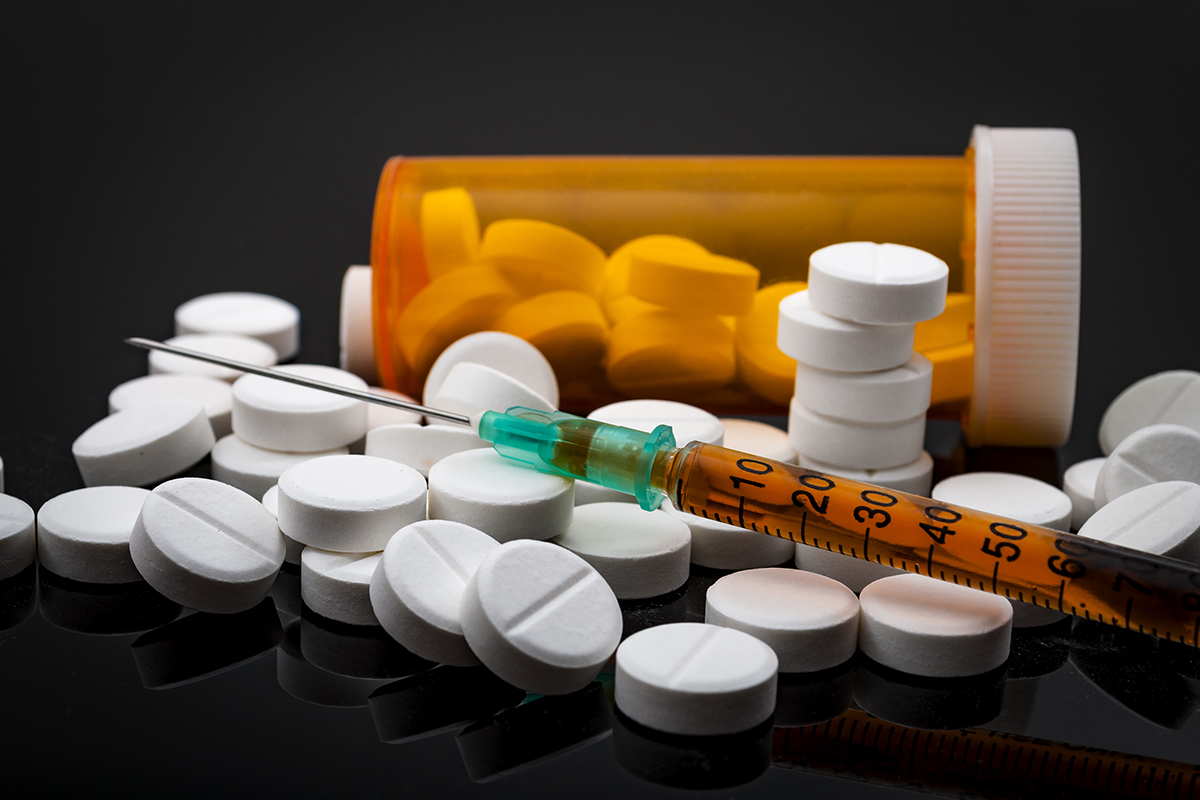The opioid crisis has been a long-standing issue in the United States for some time now and, unfortunately, is still growing. Opioid abuse and addiction are serious issues that require professional treatment and ongoing medical supervision. Opioid drug addiction is a complex disorder and requires a comprehensive approach to treatment that includes medical supervision.
Medical Supervision During Detox
The first step of opioid rehab is detoxification. During this time, the body is purged of all substances and the patient is monitored to ensure they are safe and comfortable. Detoxing without medical supervision can be dangerous and even life-threatening. Medical professionals are specially trained to help patients through the process and provide needed medications and support.

Image Source: Google
Medication-Assisted Treatment
MAT is a combination of behavioral therapy and medications designed to reduce cravings, manage withdrawal symptoms, and minimize the potential for relapse. These medications must be prescribed and monitored by medical professionals. Without medical supervision, it is impossible to ensure that the medications are being taken correctly and provide the desired outcomes.
Ongoing Supervision and Support
The road to recovery is not a straight line, and it is important to have medical professionals available to help in times of crisis. Medical supervision is also important for helping to identify signs of relapse and providing immediate intervention and support. Without medical supervision, it is much more difficult to ensure proper dosage levels and track progress.
